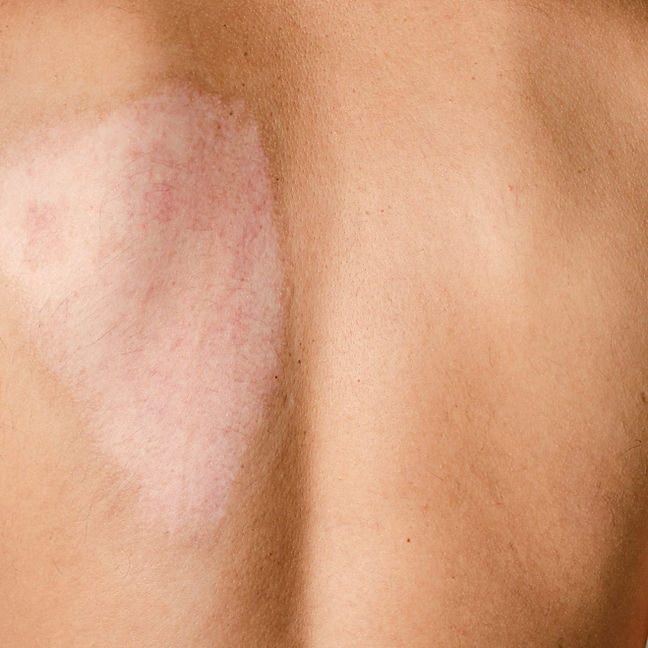Skin Camouflage Tattoo
What it is?
Skin camouflage tattoo is a specialised procedure designed to conceal imperfections on the skin such as scars or discoloration. Using pigments that match the client's skin tone, strategically applying ink to create a seamless blend of skin tone, offering a natural-looking cover-up to match the skin surrounding with a specialised technique which is non invasive and does not cause and further trauma.
How does it work?
This technique works by precisely layering pigments over the targeted area, matching the surrounding skin tone. It's an effective solution for individuals seeking to conceal scars, birthmarks, stretchmarks or other skin irregularities such as hyperpigmentation or vitiligo.
Pre-Treatment Advice
Before undergoing a medical tattooing procedure, it's advisable to follow these pre-treatment guidelines:
Book a Consultation
-
Schedule a thorough consultation where we will discuss your expectations, medical history including current medication, this will help to determine if this is suitable for you.
Avoid Sun Exposure, Sunbeds
-
Minimise sun exposure to the treatment area for at least two weeks before the procedure. Sunburn or excessive sun exposure can affect the skin's condition.
Discontinue Blood Thinners
-
If possible and with consultation from your healthcare provider, avoid blood-thinning medications or supplements for 24hr period before the procedure to reduce the risk of bleeding or bruising.
Topical Product Use
-
Refrain from using any topical products on the treatment area, including retinol retinA, vitamin C , or makeup if ocer that area, on the day of the procedure.
Hydrate
-
Ensure that you are adequately hydrated in the days leading up to the procedure. Hydrated skin tends to heal more effectively.
Avoid Alcohol
-
Limit alcohol consumption at least 24 hours before the procedure, as alcohol can contribute to increased bleeding and slower healing.
Avoid Aspirin and NSAIDs
-
If safe and approved by your healthcare provider, avoid taking aspirin or non-steroidal anti-inflammatory drugs (NSAIDs) a few days before the procedure, as these can increase the risk of bleeding.
Communicate Concerns
-
If you have any concerns or questions about the procedure, communicate them with your medical tattoo practitionerbefore you start.

